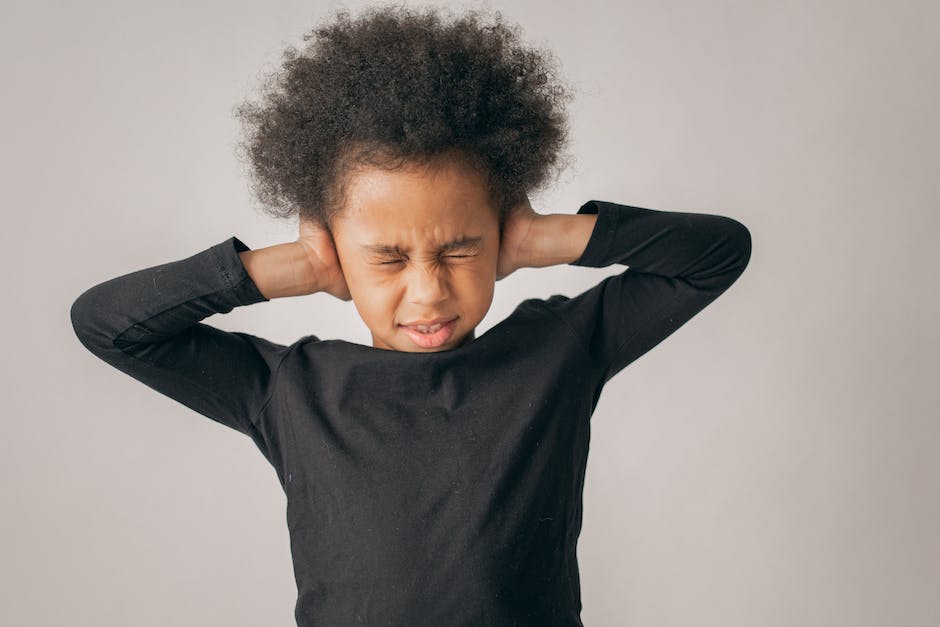Childhood anxiety disorders are very common, affecting one in eight children.
High-functioning anxiety in children is a problem that can cause a great deal of stress for both parents and children. Children with high-functioning anxiety are often bright, capable students who do well in school.
However, they suffer from debilitating fears and worries that interfere with their daily lives. The good news is that anxiety disorders are treatable with therapy, medication, or a combination of both.
If you are wondering about the 7 signs of high-functioning anxiety in children, this short and simple guide is for you.
1. Inability to Self-Calm
Children with high-functioning anxiety may not calm themselves down when they are feeling stressed. They cannot stop worrying, even when the source of their anxiety isn’t present. This can lead to meltdowns, tantrums, and outbursts.
2. Perfectionism
Perfectionism is one of the most common signs of high-functioning anxiety in children. Children with this type of anxiety often have a high standard for everything they do. When they don’t meet their own expectations, they may experience extreme disappointment, guilt, and shame.
3. Sensitivity to Criticism
Children with high-functioning anxiety may be vulnerable to the sting of rejection. They may have a hard time accepting feedback or constructive criticism from others. They may also feel like they are being attacked if someone points out any flaws in their performance or behavior.
4. Caretaking Behavior
One of the most common signs of high-functioning anxiety in children is caretaking behavior. It may be because of a child’s desire to feel needed or valued by someone else. This type of behavior can lead children into situations they aren’t ready for and may even put them at risk for physical and emotional harm.
5. Trouble Sleeping
High-functioning anxiety in children can also have negative effects on sleep. They may have trouble falling asleep or staying asleep throughout the night, which can affect their mental health. They will probably have difficulty focusing in school and may suffer from irritability and mood swings during the day.
6. Avoidance of Social Situations
For some children, high-functioning anxiety can lead to avoidance of social situations. They may be afraid of saying the wrong thing or making mistakes when they interact with other people. This can lead to them feeling isolated from others and not having anyone to turn to when they need help.
7. Obsessive Behavior
Obsessive behavior can also be a sign of high-functioning anxiety. Children with this condition may become obsessed with certain things, such as germs, grades, or even certain numbers. They may feel that these things control their lives and worry about them constantly.
7 Signs of High-Functioning Anxiety in Children: Get Help Right Away
Knowing the 7 signs of high-functioning anxiety in children is the first step to getting help for your child. If you notice your child is showing these signs, talk to them about their anxiety and how it makes them feel. You can also speak with a mental health professional so that they can get anxiety treatment right away.
Honor Your Emotions offers a range of services to help your child manage their anxiety. Contact us today to get started.


